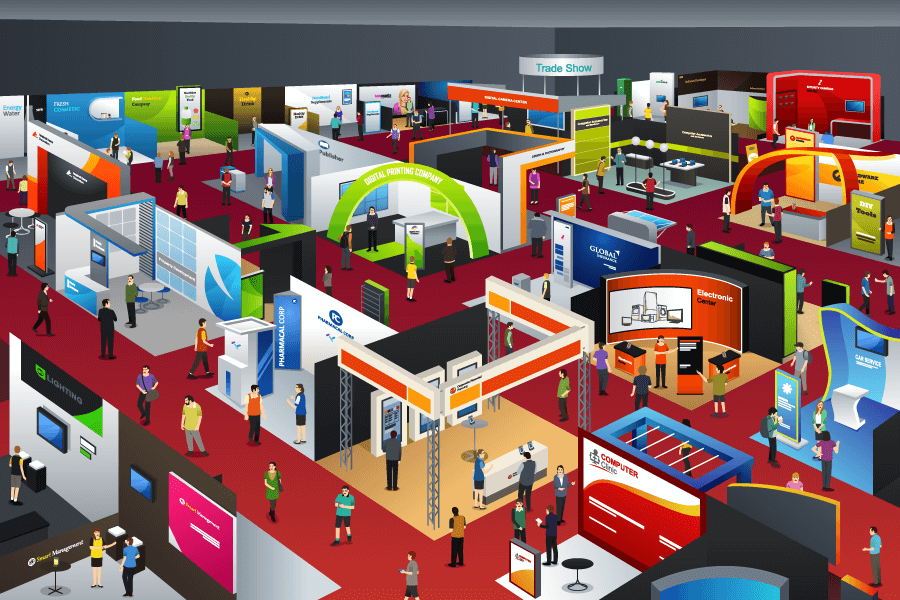- Details
- Hits: 947
Years later the win tax was raised to 50% and then again to 70%, on higher levels of win. But then IL, wanting more gaming tax revenue, decided to introduce Video Gaming Terminals at any business that could qualify for a liquor license. But the 30% tax rate and locations allowed in counties and communities that already offered casino games on a riverboat, severely reduced the existing gaming taxes.
The first 9 riverboats won just under $2 billion in 2007 and paid total taxes of $834 million (42.1 percent of revenue). These riverboats were placed in IL towns that had suffered from serious economic declines, like Alton, that had lost a steel mill and suffered with other communities as river barge transportation declined.
Then, presumably to add new tax revenues, IL approved a bill sponsored by video gaming companies, and state bar operators to allow 5 video gaming terminals in any business with a liquor license. But the state forgot the primary purpose, was to increase tax revenues.
But when considering the investment required for 5 VGT's could be as little as $100,000 compared to the multi-millions of dollars needed to construct a riverboat casino and suitable dockside facilities, a lower tax for the new competition was unfair.
Other states, like NY, PA and MD, allowed slot casinos, requiring $100 million investments, multi-million upfront fees and yet taxed slot win in the 50 to 60 percent range.
A study I prepared, comparing IL gaming in 2007 with 2017, shows the first 9 riverboats saw their admissions decline from 16.5 million to 8.6 million; their casino win drop from $1.98 billion to $975 million; and their tax revenues decreased from $834 million to $308 million (a loss of $526 million). Offsetting this decline in 2017 was $1.3 billion in win from VGTs, that contributed tax revenues of only $391 million. Fortunately for IL gaming taxes, was the opening of the 10th IL riverboat in Des Plaines, close to Chicago, which won $433 million and paid taxes of $167 million in 2017.
It's time for Illinois to correct their mistake, raising the tax rate on VGT revenues while allowing its 10 riverboats to move on land, closer to major highways, and increase their gaming equipment positions. And the state should offer tax incentives, for moving to sites that will increase taxable casino win and allow riverboats to compete, on more equal terms with the 30,000 plus VGT machines, statewide.








